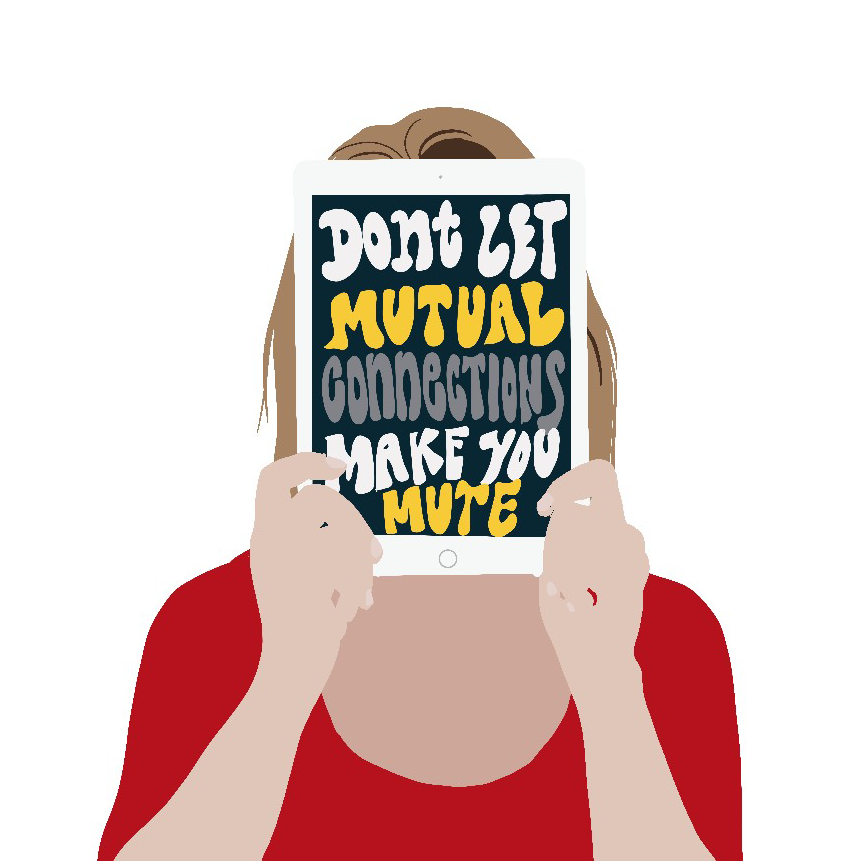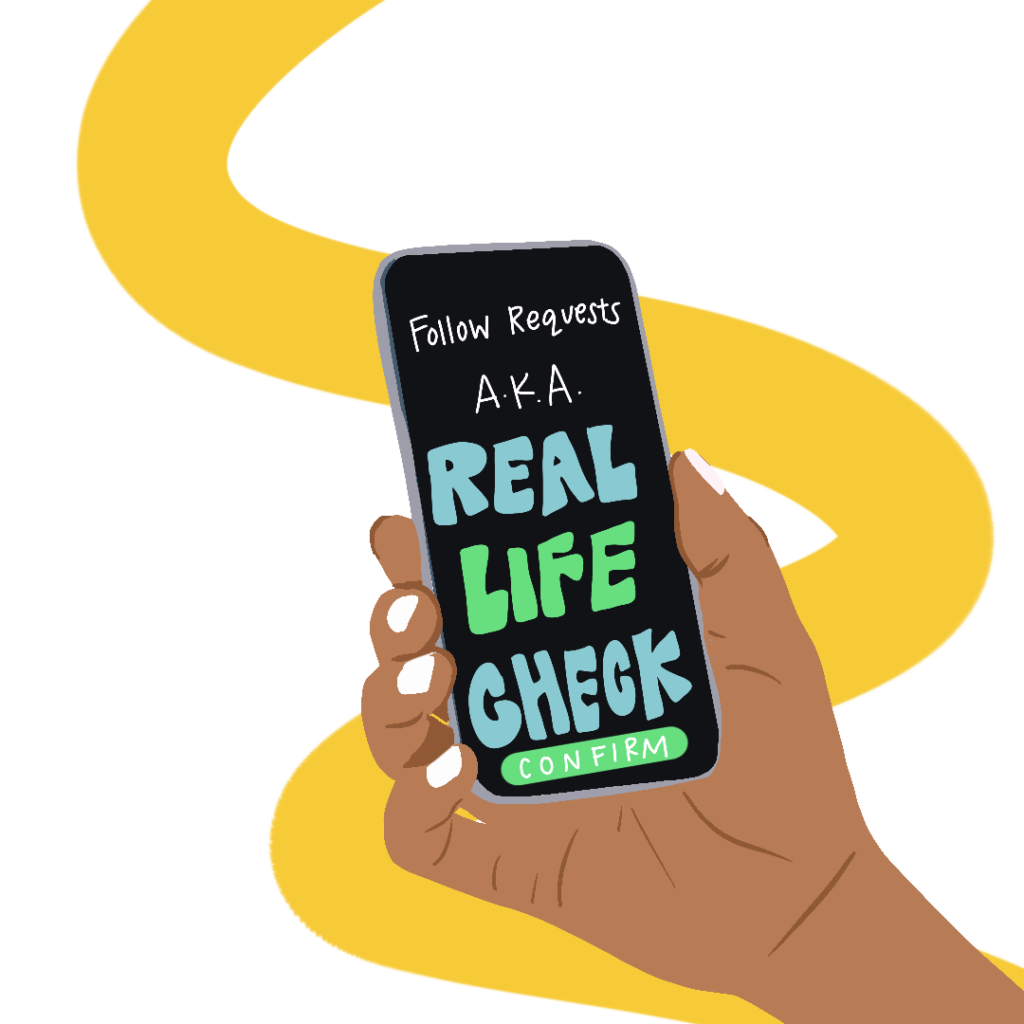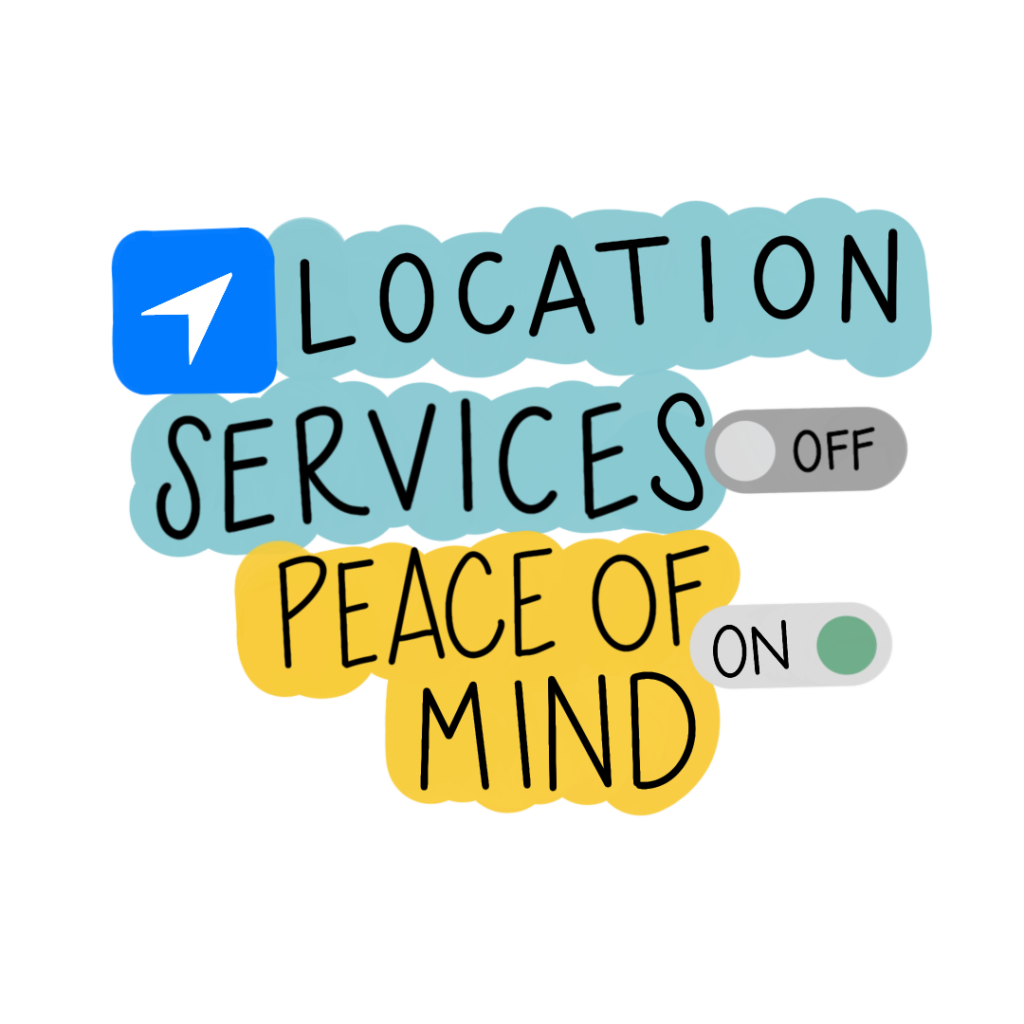Protect Yourself

Make your profile private. It might be tempting to leave your profile public in hopes of gaining followers or going viral but this possibility is not worth sacrificing your safety for! Making sure your social media profiles are only accessible to family and friends is the easiest way to ensure that traffickers don’t have direct a window into your life.
If you so choose to keep your profile public, make sure to keep a close eye on your followers. Are there people you don’t know following you? Do any of them seem to be lurking or obsessive? Are they making comments that are making you feel uncomfortable? Listen to your gut and block them. Your comfort isn’t worth having the extra follower.


Be cautious of anyone (and we mean ANYONE) you don’t know in real life—even if you have mutual friends. You never know if your friends are careful about who they allow in their social media circle. Traffickers know that they only need to get one or two people in a friend group to follow them for the rest of the group to feel comfortable accepting their follow requests or DMs.
Is their account public or private? If it’s private and you don’t recognize their icon or username as someone you know, don’t let them follow you or reply to their DMs. It’s not worth the risk.
Check out who they are following. This can be a huge indicator of someone’s intentions. Oftentimes traffickers will target a specific group of people who they see as vulnerable. This could be people of a certain age group, race, gender (or gender identity), sexual orientation, or even mental health status. So if you see that they are only following people who look like you, it’s probably time to decline their request.
Check out their bios. Although some traffickers are good at hiding their intentions, others are not so subtle. For instance, some will advertise that they are “sugar daddies” who are looking for a “sugar baby” to spoil. Be aware that oftentimes, traffickers use the “sugaring” ruse as a front to trick their victims into being trafficked.
Don’t EVER give out your personal information online. You might already know not to post your home address or phone number, but it’s also important that you stay aware of what information can be gathered from of pictures you post. Do any of your pictures have your school logo in the background? Are you or a friend wearing a uniform of some sort? Have you geotagged your favorite hangout spot? These simple things could put you in the line of danger if a trafficker targets you!
If you do decide to engage in a conversation with someone you don’t know very well, pay attention to the questions they ask. If they seem to agree with everything you say or appear to like all the same things you do, know that they might be lying to gain your trust. Try asking them specific questions about themselves before you tell them about yourself so you can gain knowledge about them. That way, even if they are lying, you will be able to spot inconsistencies.

